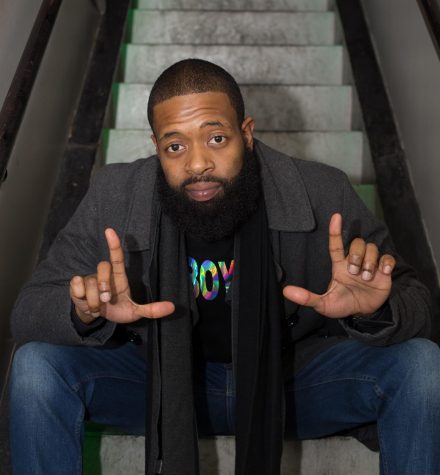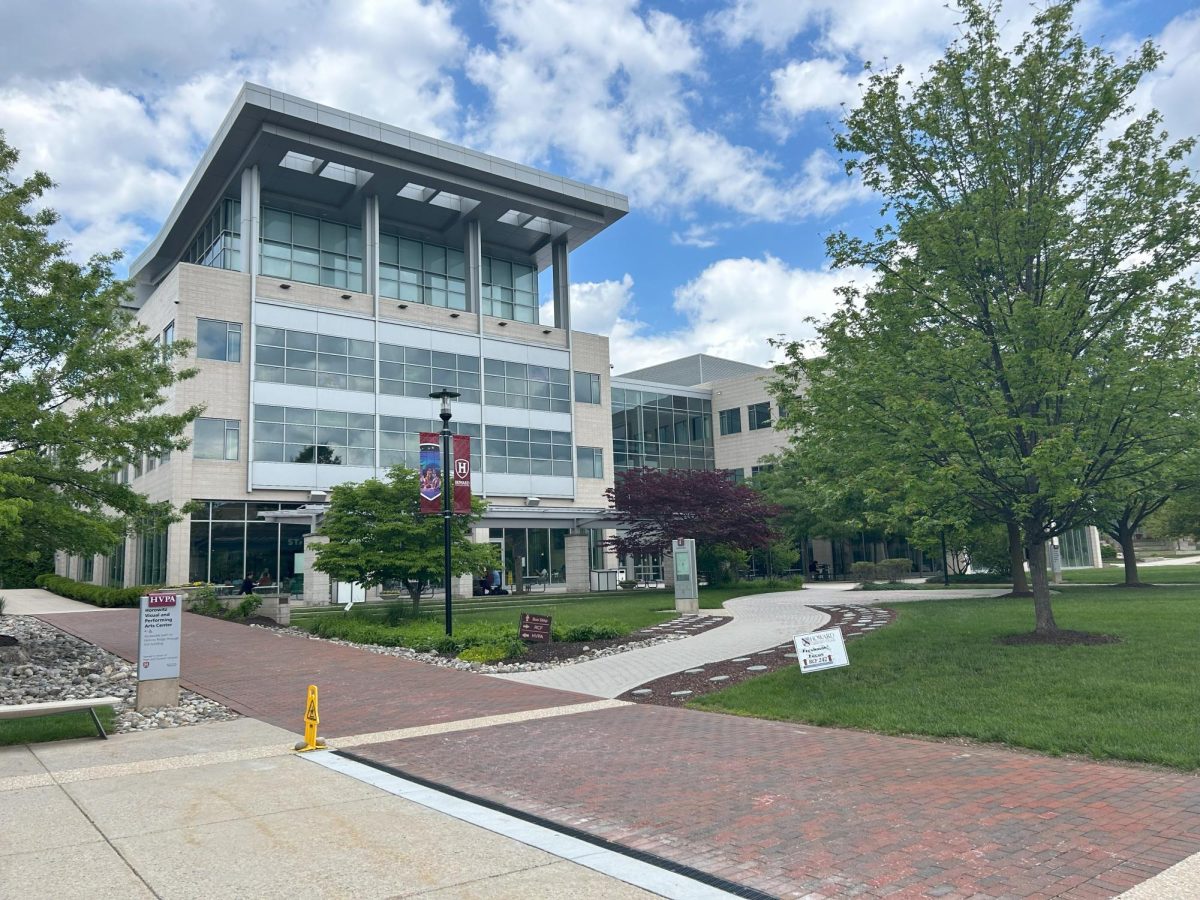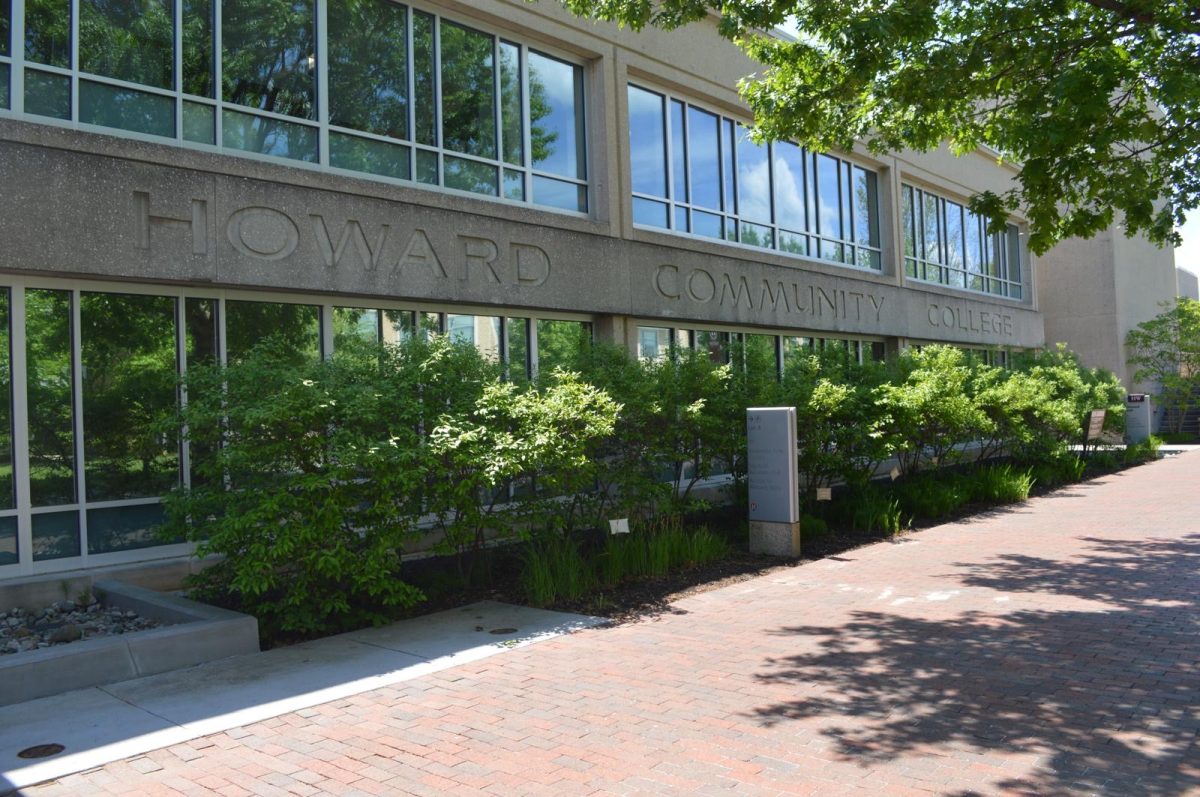The Hate U Give: A Screening and Discussion
March 30, 2019
The Hate U Give studies the duality of being both black in America, and also what means to be a “true representation” of yourself. How you self identify, the places you come from, the family that raised you, the people that surround and surrounded you – it tackles it all. But at the core of the film, it tackles the harder and more concrete concepts of what life is like for someone – specifically someone who is African-American – when directly placed in the middle of a nationwide debate on police brutality – or for some – a lack thereof. It weaves in and out of the identity crisis that many people face by having to “codeswitch” either at school, work, in their everyday lives, to the identity crisis some face when hearing the right message, but having it presented the wrong way. Friends, family, all of it blends together into one large pot to create us for who we are, but at the end of the day, to some we are nothing more than what our skin color may be, what our hairstyle might portray, what our deep voice may signify, what our slang may mean to someone else – the core of who we are and the culture behind it is what lays at the center or The Hate U Give’s message.
The Hate U Give’s soul is built around the struggles within a town, Garden Heights, and its police force therein after the killing of an unarmed teenager, Khalil. Khalil is escorting his friend home, reminiscing about younger days when he’s eventually pulled over by a traffic cop for “failing to signal a lane change.” When discussing matters with he cop, the argument itself gets heated, and he’s asked to step out the car. He does, and a conversation ensues between him and Starr through the open driver’s side window. He then reaches for his hairbrush inside the car. This eventually leads the cop to shoot him, ending his life. The movie itself follows the struggles Starr faces in trying to embrace a “superpower” her father believes he had given her solely through her name – the ability to use her voice to lead, be powerful.
Throughout the film, parallel images to my life are placed right in front of my face. To break into my own personal life, I’m from a less-than-affluent part of Maryland, I have a white partner, I had a best friend who (later in life) identified more with the ideals of #alllivesmatter than cared to understand the message within #blacklivesmatter. I, on a nearly daily basis, have to put on a front to ensure that not only do people not feel threatened simply by my presence, but that my emotions and the expression of them is not taken as me “being black” or “acting too hood.” It’s a struggle to force yourself into a mode where you always have to read a room, take in the atmosphere, before you can fully know if being yourself is “okay” for the moment; that being you can be seen as inappropriate and offensive to some people. The Hate U Give not only shows this every second within the film, but dabbles with the nuances and intricacies of being black and having to face corruption of every kind in almost every aspect of your life. The Hate U Give thrives off its conceptual power behind being able to detail the black experience through film, but it excels at being able to take the emotion, fear, pain, joy, perfection, and power from the screen – and putting it directly in your lap.
On February 7, a campus viewing of the film, there was a discussion panel led by Banke Adeniji of Student Life, with guest speakers, Elisa Roberson, and Dr. Joy Stephens. All three of whom identify as black women who work within Howard Community College. We laughed and some cried. Some were angry and some rejoiced. We ate pizza, had snacks, and won prizes. Overall, the biggest takeaway was the ability to see how police brutality affects us all. At the end of the screening, we were asked to write something down that stood out from the movie. I watched as some students jotted down quotes, feelings, and described scenes. During the movie, Uncle Carlos, played by Common, was asked why the police mentality is to shoot first and then ask questions later in an urban community and why it’s the total opposite in an suburban community. He offered his opinion and his reply derived from fear. The fear that a cop may be a target by the one who is being pulled over, but all of that nestles within the idea that they may be targeted by the cop as well.
The films tackles the ideas of everyone who would be involved in this situation. It deals with the grit of being from a certain type of environment, while also showing the aspects of community, love, and growth that all of us strive for. It left no stone unturned in dealing with how a community of multiple different races can come together, stand up, and use their voices to incite change.
The discussion held after the movie let everyone speak their minds, to undestabd the thought process behind it, engage in dialogue, and speak on the things that may trouble them or that they thought were interesting to see. Tupac Shakur created the meaning for THUG LIFE, and with this movie, we were given a glimpse of what that truly means for the people around us. The discussion held after gave us the hands on opportunity to see how it affects them.






